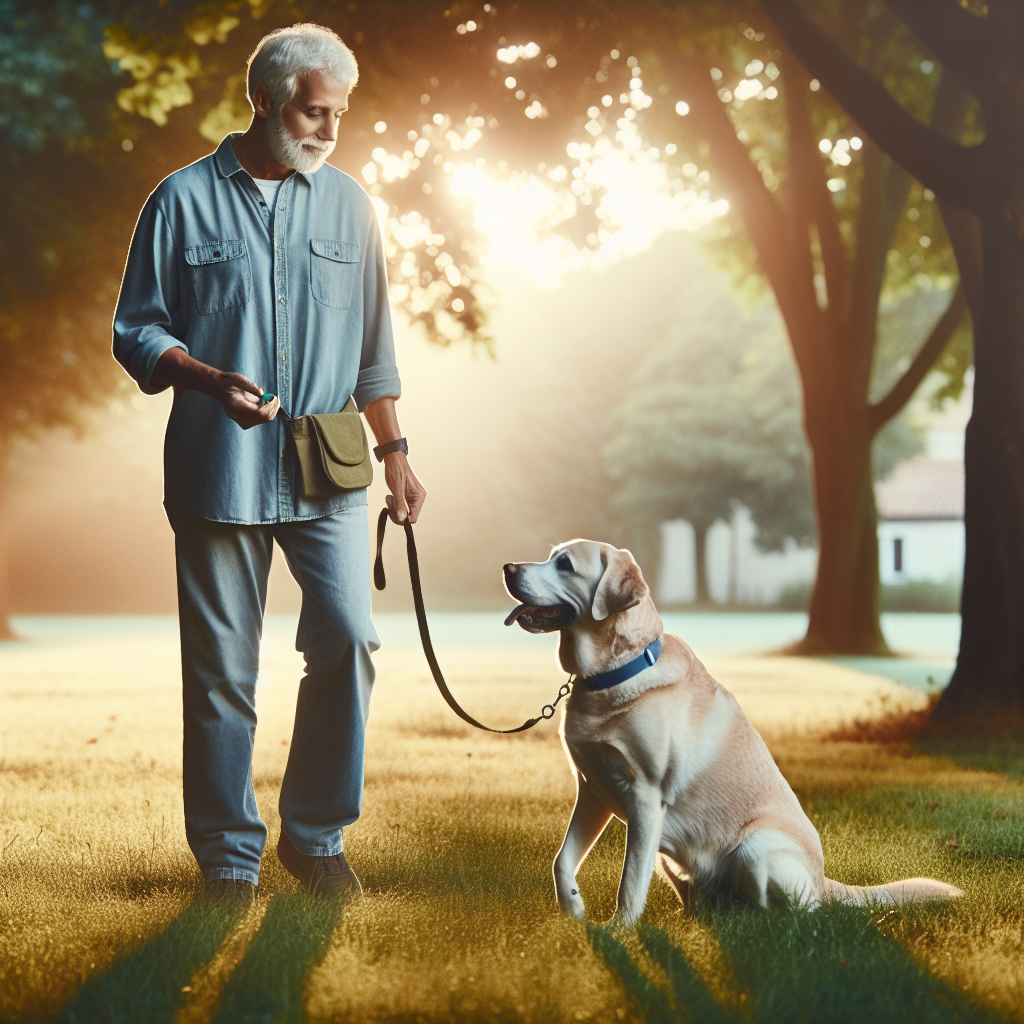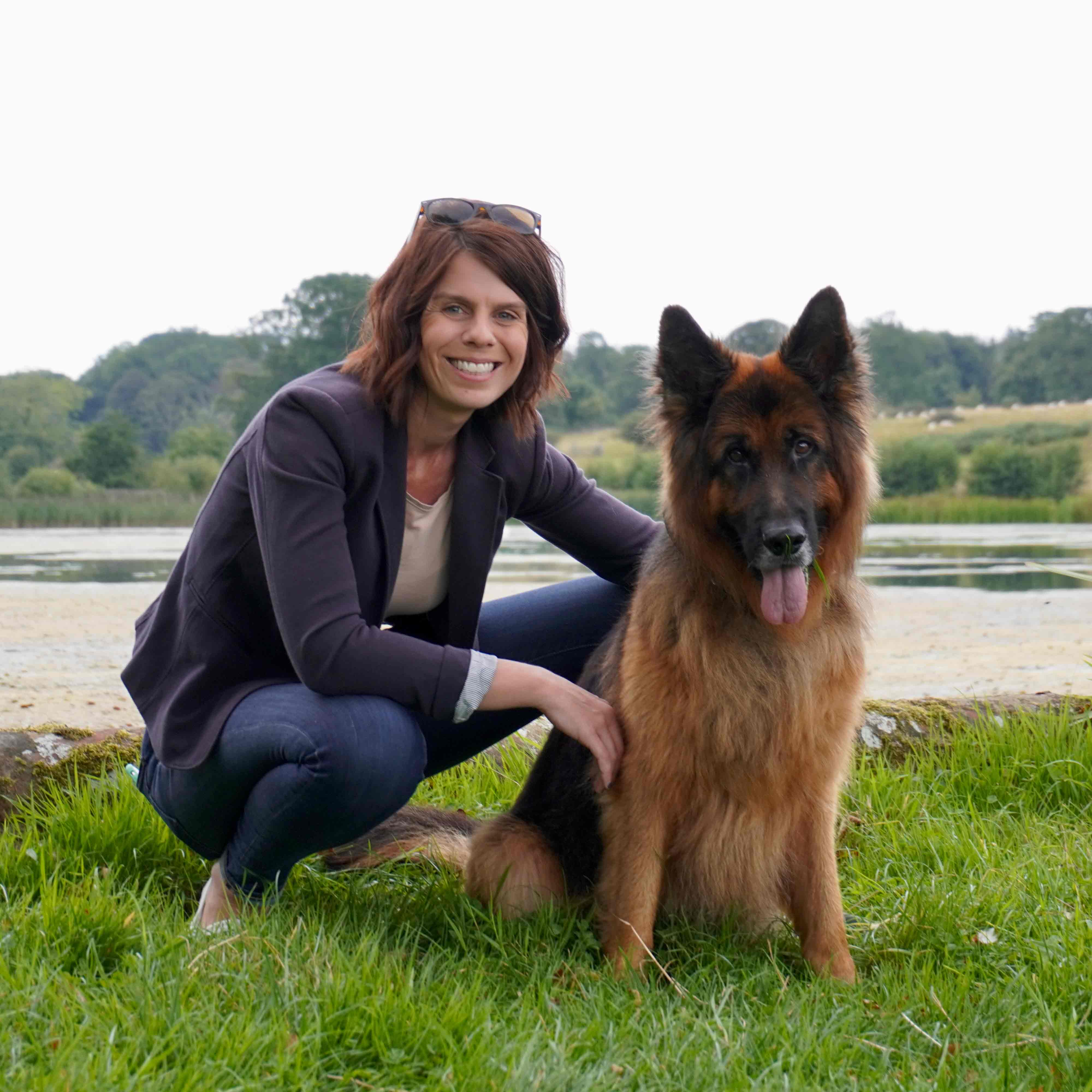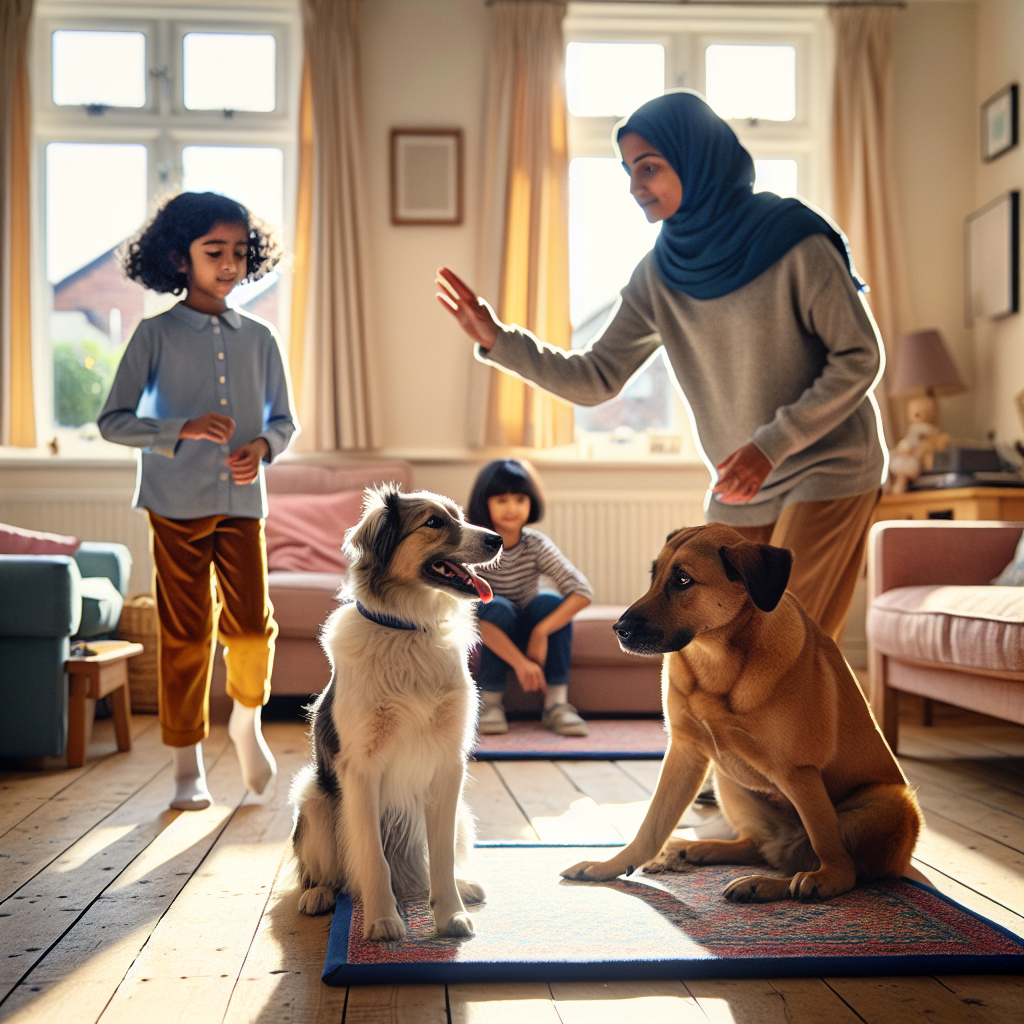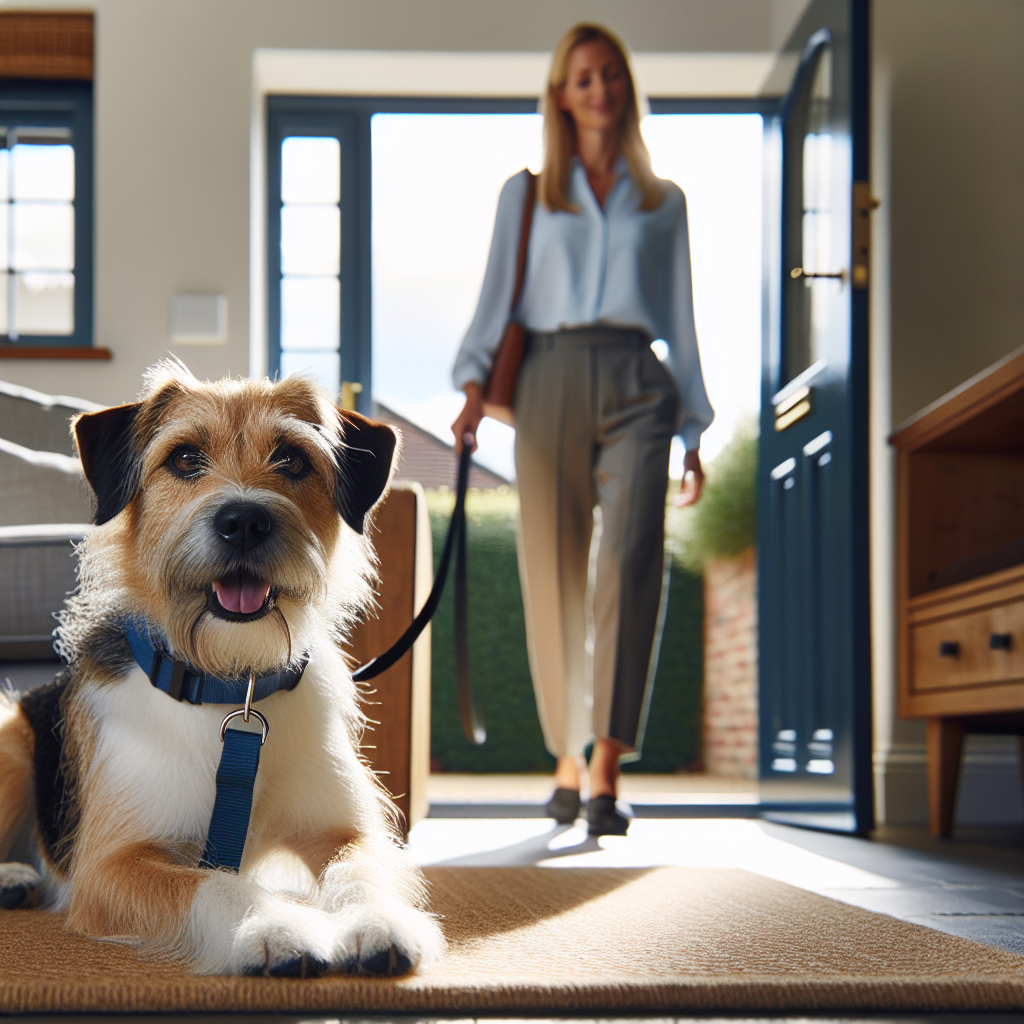Training Older Dogs Effectively

Why Training Older Dogs Effectively Works
Training older dogs effectively is not only possible, it is one of the most rewarding journeys you can take with your companion. Mature dogs are capable learners with rich life experience, clear preferences, and a strong bond with you. With Smart Dog Training methods, we focus on clarity, comfort, and calm so your dog can thrive right now. From day one you work with a certified Smart Master Dog Trainer SMDT who understands the needs of older dogs and will tailor each step to suit your dog’s age, body, and personality.
Too many owners hear the myth that you cannot teach an old dog new skills. Smart Dog Training proves otherwise every day. When we talk about training older dogs effectively we mean real world results that make home life easier, walks more enjoyable, and routines calmer. Your dog does not need perfect history. Your dog needs a plan that fits today.
Age Is Not A Barrier To Learning
Age affects joints, stamina, and sometimes confidence. It does not switch off learning. Training older dogs effectively starts with respecting how an older body feels and how a mature mind thinks. Smart Dog Training adjusts the pace and rewards so your dog finds success early and often. We make the work easy to start and gradually raise criteria so your dog wins every session.
Common Myths About Older Dogs
- Myth One Old dogs cannot learn new behaviours. Reality Mature dogs learn quickly when the training is clear and comfortable.
- Myth Two Bad habits are permanent. Reality Habits change when new routines are reinforced consistently.
- Myth Three You must be strict. Reality Smart Dog Training uses kind, science led reinforcement that builds trust and lasting results.
What Changes With Age
- Stamina may be lower. Sessions must be shorter and more focused.
- Mobility can limit positions. Choose cues that feel easy for your dog’s body.
- Senses may shift. We adapt with visual, scent, and tactile markers.
- Preferences are clearer. We use rewards your dog genuinely values.
The Smart Dog Training Approach For Seniors
Smart Dog Training specialises in training older dogs effectively through a proven framework. We start with a calm assessment, then build a clear path from today’s behaviour to tomorrow’s goals. Every step is tailored by your Smart Master Dog Trainer SMDT to match your dog’s current ability and comfort level.
Step One Personal Assessment
We observe movement, energy, motivation, and stress signals. We listen to your goals and map out priorities. Training older dogs effectively means we pick the easiest win first to build momentum and confidence.
Step Two Health Aware Planning
If your dog has mobility limits or a sensitive tummy, we consider that in session design and reward choice. We create positions and routines that are gentle and safe. Training older dogs effectively always respects comfort.
Step Three Daily Life Integration
We train in real moments you live every day. Door greetings, resting while you work, calm during meals, loose lead walks, and reliable recall. Training older dogs effectively must fit your lifestyle so results stick.
Foundations For Training Older Dogs Effectively
Solid foundations turn small wins into reliable habits. Smart Dog Training teaches these core skills first so your dog feels calm and confident.
Motivation That Matters
Older dogs have clear favourites. Some love soft treats. Some prefer praise, sniffing, or a gentle game. We find the top three rewards and rotate them to keep sessions engaging. Training older dogs effectively depends on using what your dog truly enjoys.
Session Structure That Works
- Short sessions Two to five minutes per skill
- Few repetitions Three to five quality reps
- Simple criteria One clear success target at a time
- Plenty of rest Breaks between sets and a comfy settle spot
This structure is central to training older dogs effectively because it respects energy while keeping learning sharp.
Managing Fatigue And Mobility
We swap high impact skills for gentle, valuable behaviours. Instead of repeated jumps, we reinforce calm stand, slow sit if comfortable, and relaxed settle. We teach a hand target so you can move your dog easily without pulling. Training older dogs effectively means being kind to joints and celebrating steady progress.
Refreshing House Manners
Many families want calmer greetings and household ease. Smart Dog Training focuses on practical routines that slot into your day.
Calm On Cue
We teach a simple breath mark and a soft hand target that leads into a settle. You cue calm, reward stillness, release, and repeat. Training older dogs effectively in the home starts with predictable cues that guide the moment from busy to peaceful.
Settling On A Mat
The settle mat becomes your dog’s relaxation zone. We pair the mat with gentle rewards, then reinforce duration of calm. Place the mat near you while you work, eat, or watch TV. Over time your dog chooses the mat without prompting. Training older dogs effectively shines here because the result is a household rhythm everyone loves.
Lead Walking Without Pulling
Loose lead walking keeps outings safe and enjoyable. Smart Dog Training builds this skill with comfort and clarity.
Equipment And Handling
We choose comfortable, well fitted gear and a light, steady hand. No jerks, no pressure. Your dog learns that staying close earns rewards and freedom to sniff. Training older dogs effectively on lead is about predictability and gentle guidance.
Step By Step Plan
- Start indoors where there are no distractions
- Mark and reward any step taken beside you
- Take three to five steps, reward, then pause
- Add small turns, then short straight lines outdoors
- Let your dog sniff as a reward for staying close
This makes training older dogs effectively on walks feel natural and fun.
Reliable Recall For Mature Dogs
Recall is the safety skill. Smart Dog Training uses a unique recall routine that is easy for older dogs to perform and hard to ignore.
- Choose a special recall word you do not use elsewhere
- Pair the word with top rewards every time
- Practise at short distance first, then increase
- Finish each recall with a calm hold on collar and a release cue
Training older dogs effectively for recall uses short wins, high value rewards, and gradual distance so success feels simple.
Confidence And Enrichment For Senior Minds
Mental exercise is vital. Smart Dog Training weaves enrichment into daily life to support brain health and emotional balance.
- Find it games Scatter a few treats on low surfaces or in easy snuffle mats
- Gentle shaping Teach a paw lift or chin rest with tiny steps
- Scent walks Slow walks with time to sniff and explore
- Choice based play Offer two toys or two resting spots and let your dog choose
These activities make training older dogs effectively both productive and soothing.
Social Skills For Senior Dogs
Older dogs may prefer calm interactions and familiar friends. Smart Dog Training protects that preference and builds polite routines.
Safe Introductions
- Choose quiet spaces with room to move
- Walk in parallel at a distance before greeting
- Keep greetings short and end on a good note
- Reward your dog for looking to you and staying calm
Training older dogs effectively in social settings means honouring your dog’s comfort level and preventing overwhelm.
Solving Common Behaviour Issues In Older Dogs
Behaviour changes can appear with age. Pain, reduced sight or hearing, or changes in routine can create frustration. Smart Dog Training addresses root causes and builds new habits. Training older dogs effectively always pairs behaviour change with comfort and clarity.
Barking At Home
- Reduce triggers Cover windows, add soft sounds, and create distance
- Teach quiet as a cue that leads into a settle
- Reward the first second of silence, then build duration
Jumping For Attention
- Pre teach a sit or stand for greetings
- Approach calmly and reward feet on the floor
- Turn away briefly from jumping, then re try and reward success
Guarding Food Or Toys
- Swap trades Pair a new item with a better reward
- Teach leave and take with slow, gentle reps
- Manage the environment so guarding cannot rehearse
Reactivity On Lead
- Increase distance and create curved approaches
- Mark and reward any look back to you
- Practise focus games away from triggers
With Smart Dog Training, training older dogs effectively for these issues uses simple steps, consistent reinforcement, and careful setup.
Training Older Dogs Effectively In Multi Dog Homes
Households with more than one dog need structure. Smart Dog Training separates learning at first, then blends dogs together once each dog understands the routine. Training older dogs effectively here means giving the senior dog clear space to win without competition.
- Solo sessions first for clarity
- Short rotations so each dog rests
- Group calm on mats after solo success
- Shared walks with parallel movement before close contact
Progress Tracking And Measuring Success
We make progress visible with simple measures. You will know training older dogs effectively is working because daily life feels easier and your dog offers calm by choice.
- Set weekly goals for two to three key behaviours
- Count reps of success rather than minutes trained
- Take short videos to review changes
- Note energy, comfort, and mood after sessions
Smart Dog Training uses these markers to adjust the plan. If success dips, we lower criteria, add rest, and return to easy wins. Training older dogs effectively thrives on steady momentum.
When To Seek Professional Help
Some behaviours require expert guidance. If you feel stuck or worried, contact Smart Dog Training. A certified Smart Master Dog Trainer SMDT will assess your dog and guide you through a clear plan that respects age, comfort, and safety.
Signs You Need Support
- Escalating reactivity or aggression
- Separation distress that does not improve
- Sudden changes in behaviour or comfort
- Complex multi dog conflicts
Training older dogs effectively often accelerates once you have a professional plan and calm coaching at your side.
Ready to start solving your dog’s behaviour challenges? Book a Free Assessment and speak to a certified Smart Master Dog Trainer in your area.
Home Practice Blueprint
Here is a simple weekly plan to keep you on track. This plan reflects how Smart Dog Training structures progress when training older dogs effectively.
- Day One Assessment at home. Identify top rewards, pick two focus behaviours, and set up the environment
- Day Two Short sessions for behaviour one for example settle on mat
- Day Three Short sessions for behaviour two for example loose lead starts indoors
- Day Four Rest and enrichment. Soft sniffy walk, gentle brain games
- Day Five Mix both behaviours in tiny sets
- Day Six Practise one behaviour in a slightly harder setting
- Day Seven Review progress, celebrate wins, and plan the next week
Training older dogs effectively is about consistency, not marathon sessions. Five minutes done well beats fifty minutes of struggle.
Case Snapshot A Senior Success Story
Maisie, a ten year old Spaniel, pulled on lead and barked at visitors. Smart Dog Training set two goals calm at the door and loose lead walking. We started with two minute mat sessions near the hallway, marking and rewarding any moment of stillness. We rehearsed visitor setups with a family member and ended each trial with a calm treat scatter on the mat. For lead walking, we practised five step patterns indoors, rewarding position by the thigh and using gentle arcs to reset.
In two weeks, Maisie settled on her mat before the bell and walked to the car without pulling. Training older dogs effectively delivered clear wins because the plan was comfortable, short, and reinforced generously. Her family now enjoys peaceful visits and easy daily walks.
Frequently Asked Questions
Is my dog too old to learn new skills
No. Smart Dog Training proves that training older dogs effectively works at any age. We adapt pace, rewards, and criteria so learning stays comfortable.
How long will it take to see results
Owners often notice changes within the first week. Training older dogs effectively focuses on easy wins first, then builds to more complex results at your dog’s pace.
What if my dog has arthritis or limited mobility
We select gentle positions and tailor sessions to protect joints. Training older dogs effectively always respects comfort and uses low impact moves that still build strong habits.
Can you fix lead pulling after years of practice
Yes. With Smart Dog Training routines, loose lead walking improves quickly through short, focused sessions. Training older dogs effectively replaces pulling with a reinforced habit of staying close.
Will food rewards be necessary forever
Food is a powerful early motivator. Over time we blend in praise, sniff time, and life rewards. Training older dogs effectively keeps rewards meaningful while shaping reliable habits.
What if my older dog is reactive to other dogs
We increase distance, build focus, and teach calm patterns in safe settings. A Smart Master Dog Trainer SMDT will create a plan for your dog. Training older dogs effectively reduces reactivity by meeting emotional needs and rehearsing success.
How often should we train each day
Two to four short sessions of two to five minutes work well. Training older dogs effectively is about quality, not quantity.
Conclusion Moving Forward With Confidence
Training older dogs effectively is a gift to you and your dog. With Smart Dog Training you get a calm, clear plan that respects age and builds real world confidence. Mature dogs are thoughtful, eager partners when work feels comfortable and meaningful. Start with short sessions, celebrate small wins, and allow rest. If you want expert support, we are ready to help.
Your dog deserves more than guesswork. Work with a certified Smart Master Dog Trainer SMDT and create lasting change. Find a Trainer Near You



